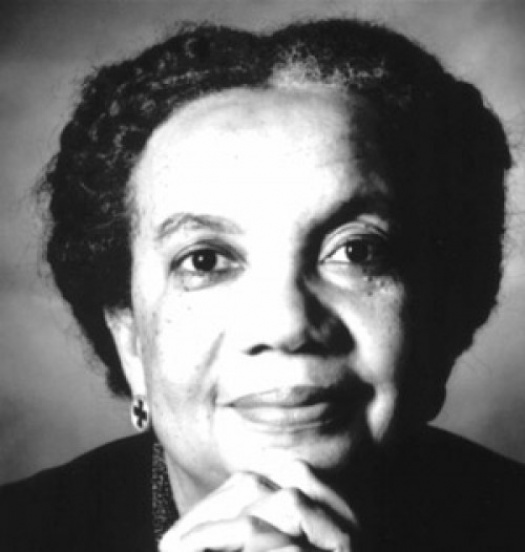
Dr. Carter G. Woodson, the scholar and historian who is called “The Father of Black History,” founded Negro History Week in 1926 to help give this record and inspiration to other Black Americans. At the time Dr. Woodson was alarmed because so
He would even meet other Black college history professors who had no idea Blacks had made any significant contributions to national or world history. Dr.Woodson understood just how critical it was to claim our rightful place in the history books, and so the national celebration of Black history was born.
Negro History Week was originally celebrated during the second week of February to coincide with Frederick Douglass’s and Abraham Lincoln’s birthdays.
As times changed, Negro History Week became Black History Week, and eventually the single week grew into Black History Month. This February, Americans of all colors are watching with excitement as Sen. Barack Obama makes contemporary Black history before our eyes just as Sen. Hillary Clinton is making women’s history.
Many children are now taught in school about some of the lions of Black history, like Dr. Martin Luther King Jr. and Rosa Parks. They should know about our earliest heroes like 18th century poet Phillis Wheatley and scientist Benjamin Banneker, as well as freedom fighters like Frederick Douglass, Harriet Tubman, Sojourner Truth and so many others who were born in slavery but never gave up in their passion to be free.
They should know about the following generation of brilliant Black leaders and thinkers like W.E.B. DuBois, Booker T. Washington and Ida B. Wells- Barnett and about pioneering inventors and educators like George Washington Carver and Carter Woodson himself. They should study the Harlem Renaissance and the writers, musicians and artists who bloomed there and changed American culture forever.
They should learn about civil rights leader A. Philip Randolph, whose first threatened Civil Rights March on Washington inspired the second; and Ralph Bunche, who won the Nobel Peace Prize for his U.N. peacemaking efforts in the Middle East. Young people must celebrate all the strong women who were indispensable in the struggle for freedom: Fannie Lou Hamer, Ella Baker, Septima Clark and so many more.
Our youth should bask in the light of pioneers who broke racial barriers throughout the 20th century. We should teach our children as much as we can about the heroes in their own families and try to be the people we want our children to become: the grandparents and great-grandparents who came before them and paved their way.
Why is this so important? Family stories are often the most memorable inspiration of all. They bring history alive and reinforce the idea that anyone and everyone can use their lives to make a difference. This is a key lesson not just for Black History Month but every day.
Every time we look back at our history to celebrate, we must remind ourselves and our children of just how much unfinished business we must attend to and be inspired by our history to write the next chapter.
______ Copyright 2008 Chicago Defender. All rights reserved. This material may not be published, broadcast, rewritten, or redistributed.
